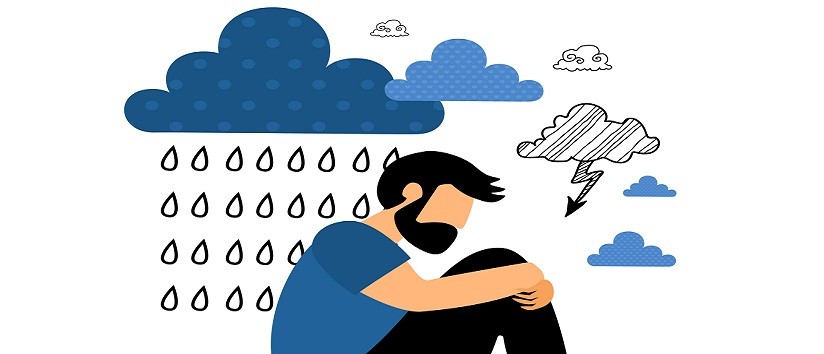Men’s Mental Health: Don’t Suffer in Silence and 10 ways to deal with Stress!

Why is it important to talk about Men’s Mental Health?
It has been proven that, on average more women are diagnosed with common mental health problems than men, yet the rate of male suicide is significantly higher. This suggests that men are suffering with mental distress, but may not be receiving (or indeed asking for) the help they need. Many cases of mental health go undiagnosed, this may be especially true when it comes to men’s mental health.
Societal expectations and traditional gender roles play a role in why men are less likely to discuss or seek help for their mental health problems. It’s important to understand that men can be damaged by stereotypes and expectations just as much as women.
Men are often expected to be the breadwinners and to be strong, dominant and in control. While these aren’t inherently bad things, they can make it harder for men to reach out for help and open up.
Men’s Health: 10 Ways to Deal With Stress.
Stress has become a major modern-day factor affecting men’s health. The tension and emotional strain of day-to-day living has been linked to heart disease, high blood pressure, migraine headaches, back pain, diabetes, cancer, and a weakened immune response to disease.
So what should modern man do to short-circuit his ingrained tendencies? Here are 10 ways, according to everyday health.com, to reduce stress and its toxic effects on the body:
- Exercise regularly. Exercise has been proven to reduce stress levels, helping you burn off pent-up energy and tension. It also improves overall health.
- Eat and sleep well. Good nutrition and 6 to 8 hours of sleep each night can help your body recover from past stress and be better prepared to deal with new stress. Avoid caffeine and other stimulants that might promote stress and sleeplessness. Avoid alcohol, which might deepen any depression you may be feeling.
- Meditate. Spend at least 15 to 20 minutes a day in quiet contemplation. Depending on your preference, you might like to devote the time to meditation or prayer, or practicing yoga or tai chi if you want more of a physical component. Breathe deeply and clear your mind.
- Solve the cause of your stress. Dealing with the problems that cause tension can relieve you of that stress. Inaction just allows it to build. If your neighbor’s dog barks constantly, talk with him about it. Talk to your boss to figure out solutions for problems at work. Ask for help if you can’t meet all the demands placed on you.
- Avoid stressful situations. Recent research suggests that men’s stress levels soar 60 percent in traffic jams — seven times higher than women’s. If possible, time your driving to avoid rush hour. Shop when you know the store won’t be packed with people. And cut down on the time you spend with people who get on your nerves.
- Accept things you can’t change. There are going to be things in your life that you can’t control, no matter how hard you try. For example, there’s no use allowing snow or rain to bother you — how would you go about changing the weather? Instead, look for ways to enjoy uncontrollable circumstances. Play in the snow like you did when you were a kid; spend a rainy day reading, another stress reliever.
- Don’t take on more than you can handle. We often create our own stress by over-scheduling ourselves and failing to say no when too much is asked of us, whether it’s the boss, spouse, or friend making the request. Don’t overpromise, and give yourself time to finish the things you do agree to tackle.
- Try a “glass half full” attitude. Always looking on the sunny side sounds cliché, but it can make a world of difference. Having a negative outlook can turn even the most minor annoyances into huge problems in your mind.
- Tackle first things first. Become a master at triage — that’s determining the most important of the tasks you’re trying to handle and methodically completing those first, then moving on to less critical jobs. Resist trying to do multiple projects at once.
- Savor your victories. When you accomplish a personal goal or finish a major project, do something nice for yourself. It can be as simple as getting a massage or as extravagant as taking a weekend getaway. Celebrate your achievement before you jump into the next project.
Your outlook is such an important factor in how your body deals with stress. Following these 10 steps will help you put stress in perspective and start enjoying your life again.












